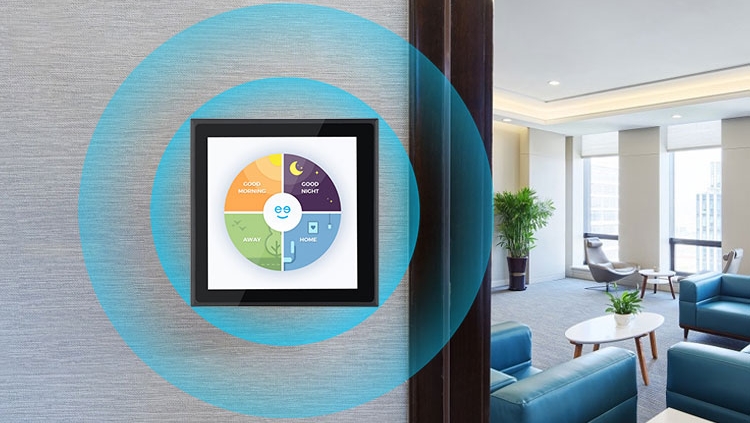Smart Home Automation Systems
The New Standard for Future LivingIn modern life, smart home automation systems are gradually becoming the new standard for household living. The emergence of this technology has transformed traditional living environments, making home life more convenient, safe, and efficient. This article will explore the basic concepts of smart home automation systems, their advantages, and future development trends.
What is a Smart Home Automation System?
A smart home automation system refers to the connectivity of home devices, appliances, and systems via the internet, enabling interconnectivity and intelligent control. Through this system, users can remotely monitor and manage various devices in their homes, including lighting, temperature control, security, and audio-visual systems. Users need only a smartphone or tablet to gain comprehensive control over their home environment, offering unprecedented convenience and flexibility.
Advantages of Smart Home Automation Systems1. Enhanced Home Security Smart home automation systems can integrate various security devices, such as cameras, locks, and sensors. When the system detects abnormal activity, it can immediately send alerts to users, allowing them to stay informed about the safety of their homes at all times.
Improved Energy Efficiency Through features like smart temperature control and smart lighting, users can effectively manage energy usage in their homes. For example, smart thermostats can automatically adjust temperatures based on users’ daily routines, helping to reduce energy waste and lower utility bills.

Increased Living Comfort Smart home automation systems enable users to set devices according to personal preferences. For instance, users can program lighting, music, and temperature settings based on their habits, creating an environment that best suits their living style.
Convenient Daily Management With voice assistants such as Amazon Alexa or Google Assistant, users can easily control various devices in their homes with simple voice commands, greatly simplifying the daily management process.
Future Development TrendsWith continuous technological advancements, the future of smart home automation systems is very promising. First, artificial intelligence (AI) will further integrate into smart home systems, bringing smarter control and management. For instance, AI algorithms can learn users’ daily activity patterns, automatically adjusting the home environment settings.
Secondly, the ongoing development of Internet of Things (IoT) technology will drive the interconnectivity of more devices. In the future, every appliance in a home will be able to connect to the internet and collaborate with other devices. This integration will make home management simpler and more efficient.
Additionally, privacy and security concerns will become an essential consideration in the evolution of smart homes. Manufacturers must continuously enhance system security to protect users’ personal data and household privacy, increasing users’ trust.
ConclusionSmart home automation systems are rapidly changing our way of living, offering numerous convenient and secure options. With technological advancements, these systems will become more widespread, inevitably becoming a hallmark of modern household life. Through smart home automation systems, the homes of the future will be more intelligent, comfortable, and safe, creating a better living experience for everyone.


